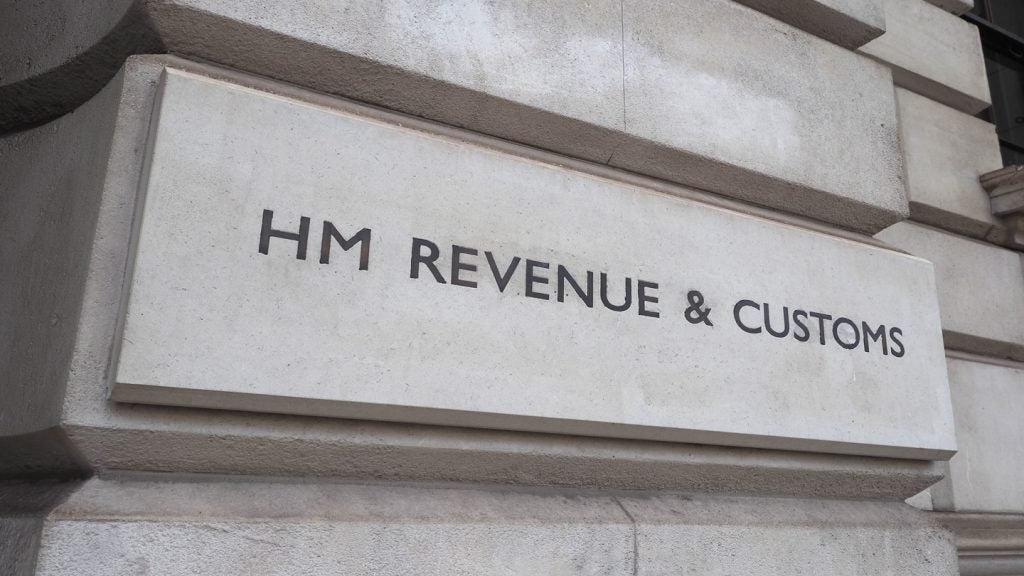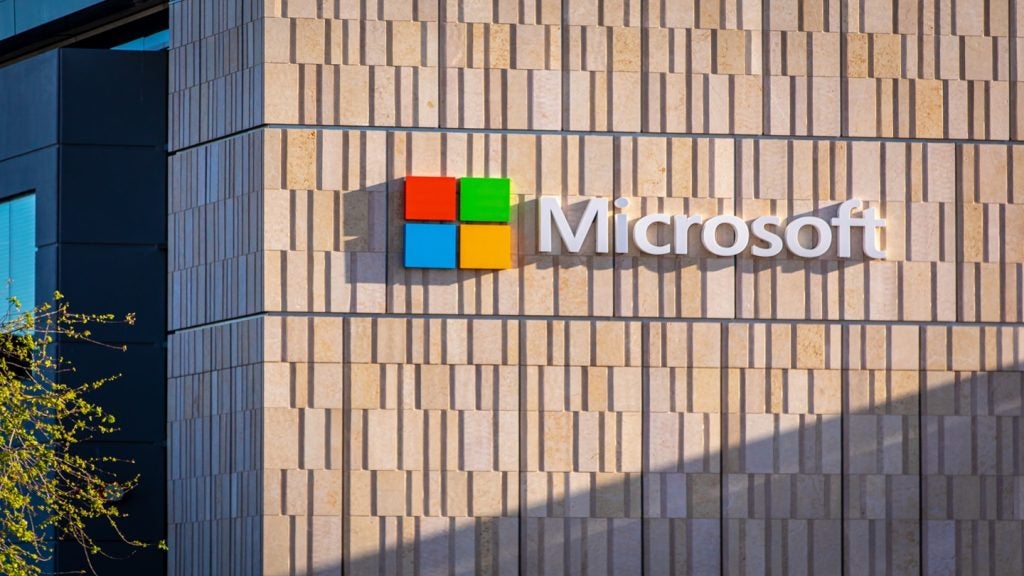
The American Institute of CPAs (AICPA) is seeking further guidance on the implementation of Roth catch-up contributions as outlined in the SECURE 2.0 Act, 2022.
This was outlined in a letter submitted to Department of the Treasury and Internal Revenue Service (IRS).

Access deeper industry intelligence
Experience unmatched clarity with a single platform that combines unique data, AI, and human expertise.
The SECURE 2.0 Act introduced a mandate requiring certain employees to make catch-up contributions to employer-sponsored retirement plans as Roth contributions if their wages exceed a specified income threshold.
This mandate is anticipated to significantly impact participants in these retirement plans.
In response to the initial guidance issued by the Treasury and the IRS in January 2025 through REG-101268-24, the AICPA has identified areas where additional clarification is necessary.
The institute has proposed the creation of a safe harbour based on W-2 wage information for plan administrators to determine employee eligibility for the Roth catch-up contributions.

US Tariffs are shifting - will you react or anticipate?
Don’t let policy changes catch you off guard. Stay proactive with real-time data and expert analysis.
By GlobalDataThe AICPA has expressed concerns that without such a safe harbour, plan administrators may face challenges in accurately identifying employees who meet the income threshold for the Roth mandate.
They have also requested detailed guidance for situations involving predecessor employers and third-party arrangements, along with relief for non-compliance that may arise during the reasonable administration of plans.
Furthermore, the AICPA has sought clarification on the treatment of disregarded entities with employees, which are required to file employment tax returns using their own employer identification numbers.
The question posed is whether these entities are considered separate “employers sponsoring the plan” for purposes of Prop. Reg. 1.414(v)-2(b)(3) and (4).
AICPA tax policy & advocacy director Kristin Esposito said: “Post-SECURE 2.0, employers and plan administrators will need clear guidance to ensure compliance of the law regarding Roth-mandated catch-up contributions.
“Our recommendations to the regulations proposed by Treasury and the IRS, if adopted, will make it easier for plan administrators to implement the law.”
In July 2025, the AICPA made recommendations to the Treasury regarding the transition to an electronic federal disbursements system (EFDS), as mandated by Executive Order 14247, to modernise the payment processes associated with America’s bank accounts.






